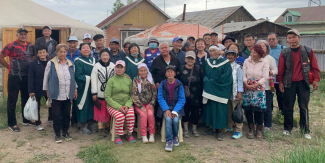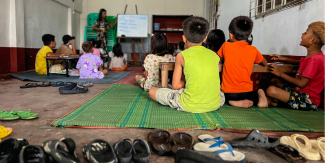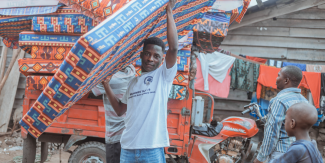AUGUST 15, 2025 ~ AMY HECKMAN
Since the start of 2025, more than 70,000 people have fled the Democratic Republic of Congo (DRC) into Burundi to escape ongoing conflict.
“Some have traveled from as far as Goma, hundreds of kilometers to the north—another devastating example of repeated displacement in the East Africa region,” said a Nazarene Compassionate Ministries leader in Burundi.
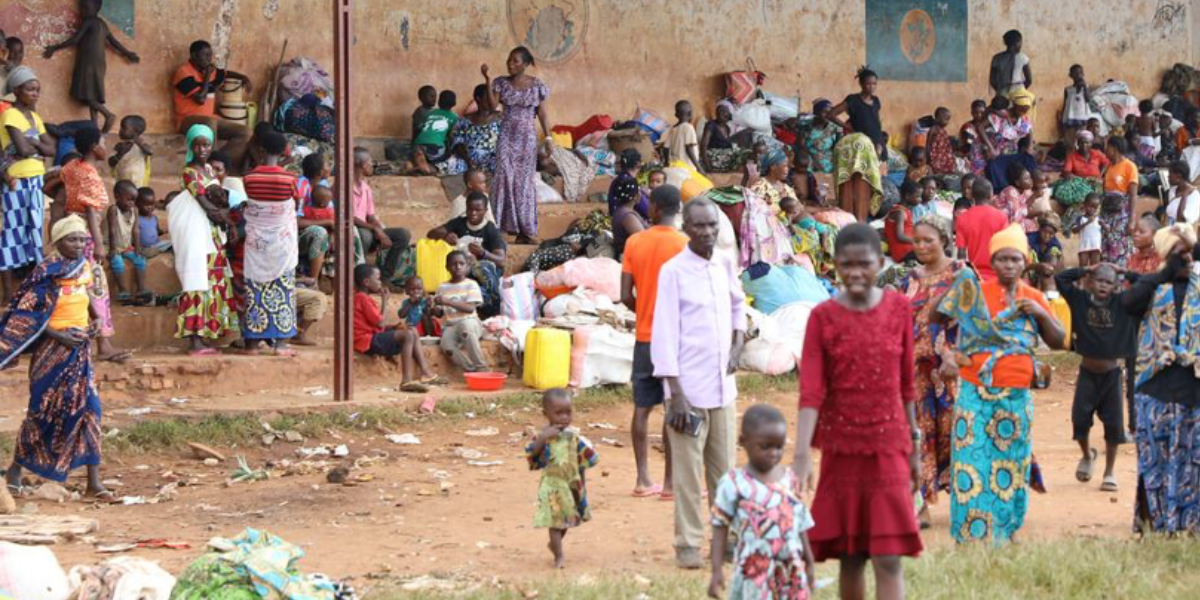
Those who can’t find space in refugee camps have sought shelter in schools, churches, stadiums, or open-air camps. Governmental and aid organizations cannot fully meet the need for food, healthcare, and shelter, leaving people already traumatized by war to face yet another crisis.
To help restore hope and protect the dignity of displaced people, local Nazarene churches and Nazarene Compassionate Ministries in Burundi prepared a compassionate response in Rugombo and Buganda. Before launching the project, a leadership team observed refugee shelters, held listening sessions, met with health professionals, and surveyed refugee households to understand these families' most significant needs. Their data showed that 98% of refugees in the area do not have enough to eat or enough essential supplies to survive.
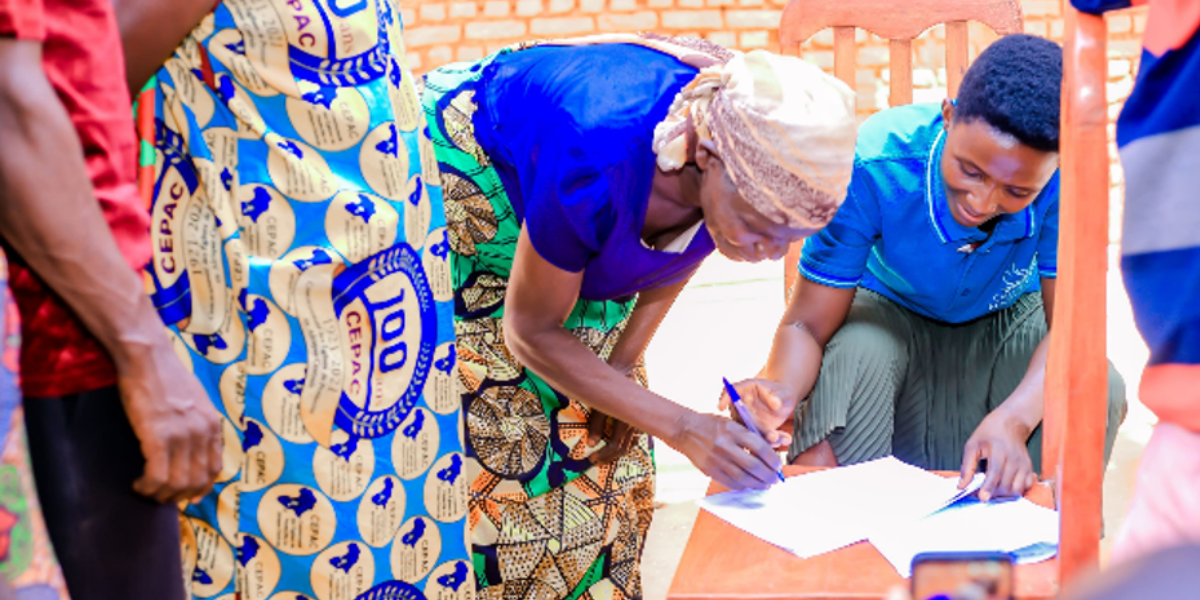
The project leaders value focusing their efforts on helping the most vulnerable to survive and heal.
“We want to meet household needs and reduce the malnutrition of children, nursing mothers, and elderly people who have been affected the most,” explained one leader.
The project provides essential items (such as mosquito nets, water cans, and soap) and food packs (consisting of rice, beans, and cooking oil) to support refugee families. A recent distribution provided care for 375 people from 130 households. In addition, trained church volunteers are offering trauma and child protection training for leaders in the refugee community and raising awareness about avoiding cholera and other communicable diseases.
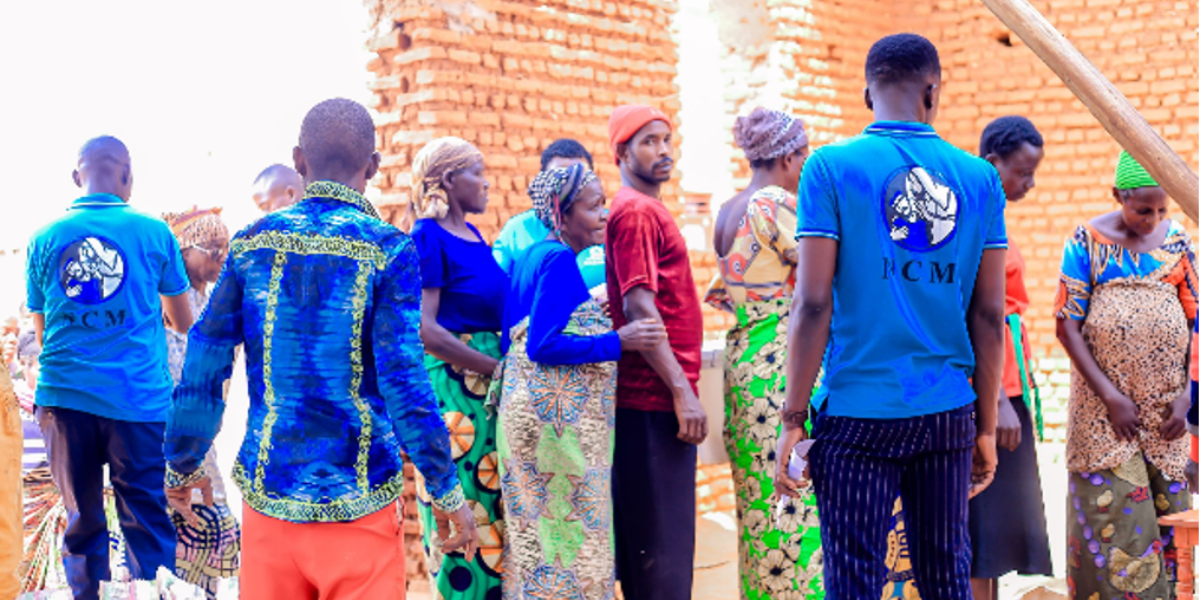
“Through this support, refugees were able to obtain nutritious food and other essential items they needed,” shared one volunteer. “They also received items to improve their living conditions, well-being, and dignity.”
Refugees who received aid have expressed gratitude to church volunteers for the support, including food and non-food items. However, they also highlighted ongoing challenges they face, such as insufficient food rations, limited access to healthcare, and the need for psychological support. Many—especially women and children—are struggling with inadequate living conditions and the trauma that comes with enduring conflict and displacement.
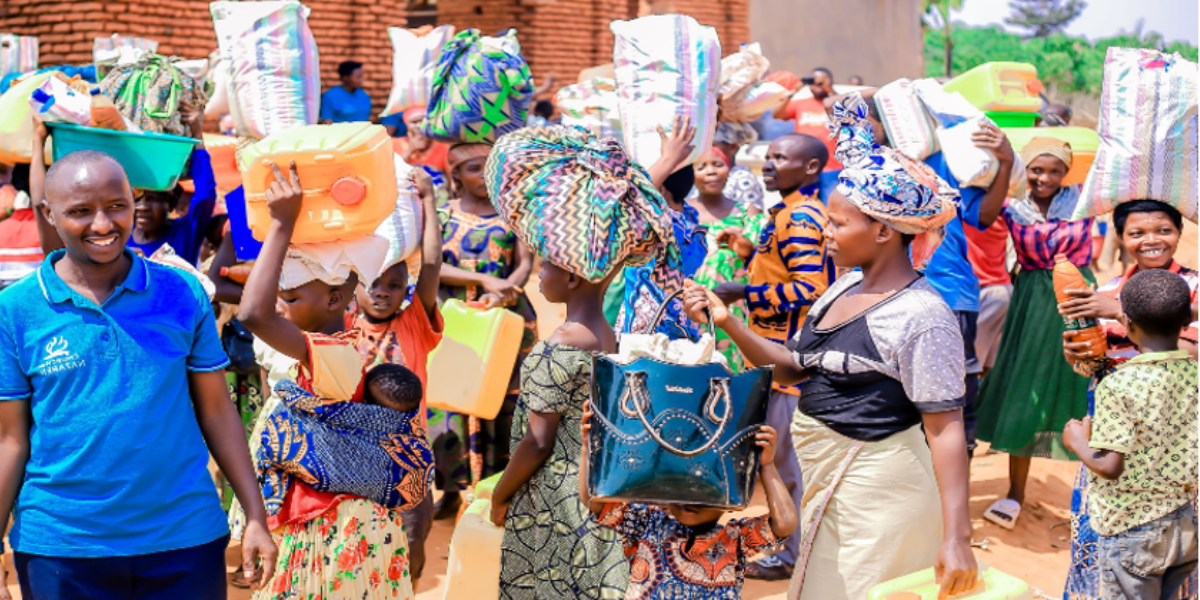
Florence, a widow with children, expressed appreciation for the gestures of solidarity provided by the church.
“It’s the first time I’ve felt considered since arriving [here],” she explained.
Many refugees, including women like Mapendo and Promesse, reported that food rations are insufficient and that they sometimes go days without eating.
“The support we got will help us to eat for some days,” they said.
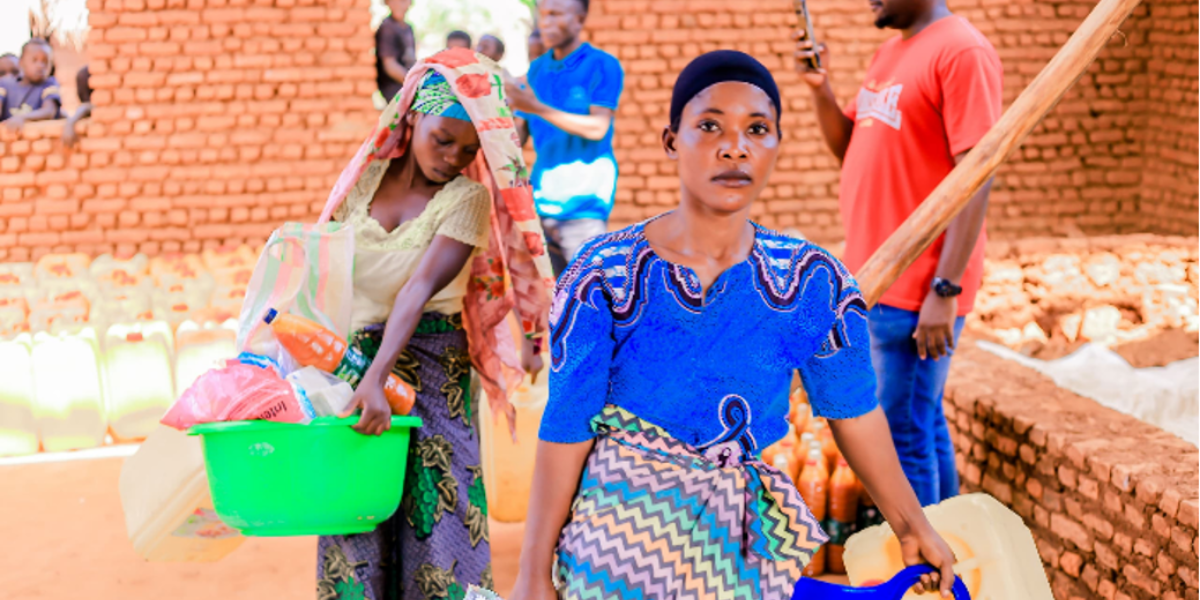
Pascal emphasized the significant need for psychosocial support, particularly for women and children.
“We want to thank you for thinking about this,” he said.
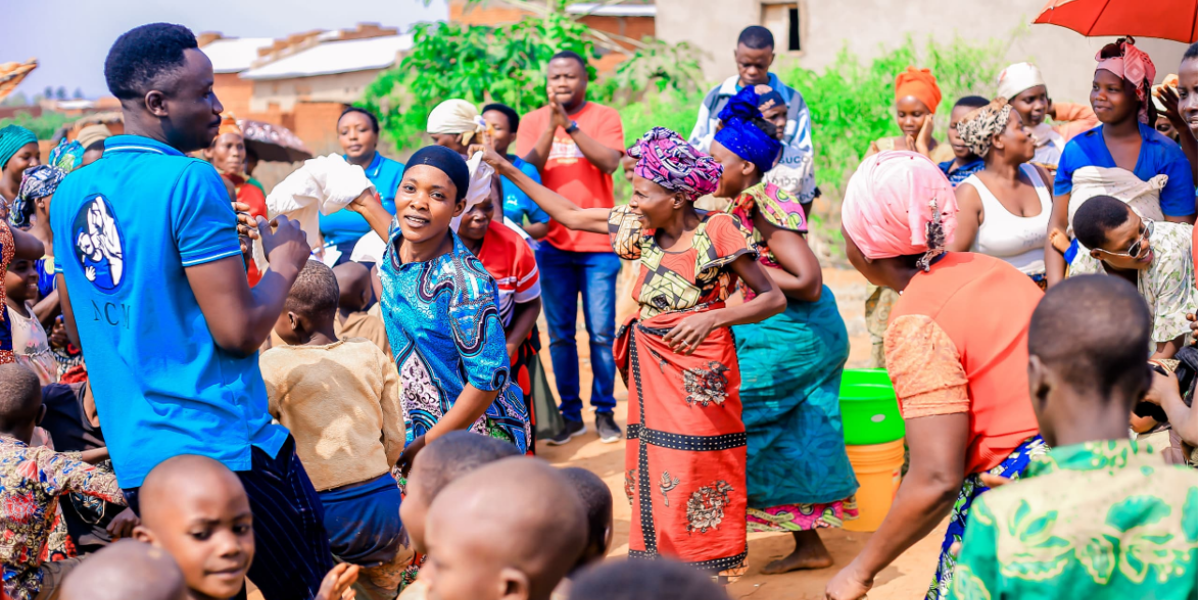
Through these kinds of distributions, church leaders are certain they are faithfully representing Christ and his love. With each food pack or supply distributed, they aim to help displaced people heal, thrive, and live out their God-given potential. Some people impacted by the outreach have also begun attending local Nazarene churches.
“[The project] planted a seed of compassion,” said one volunteer. “There is always joy when you serve.”


